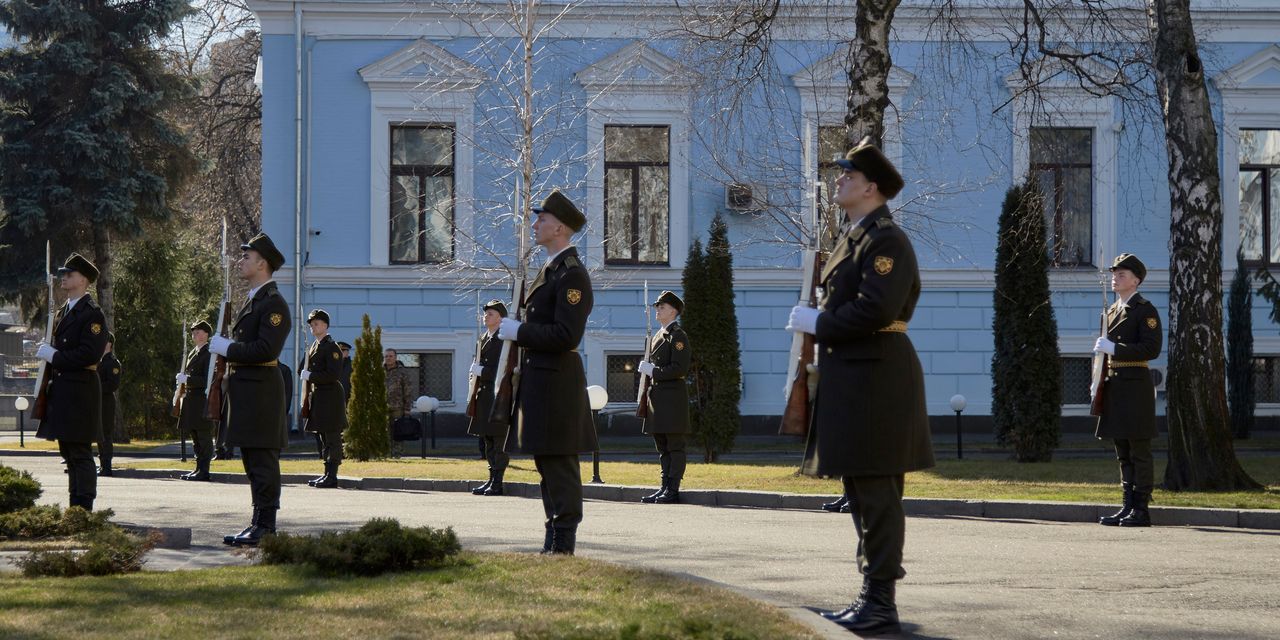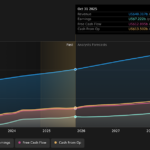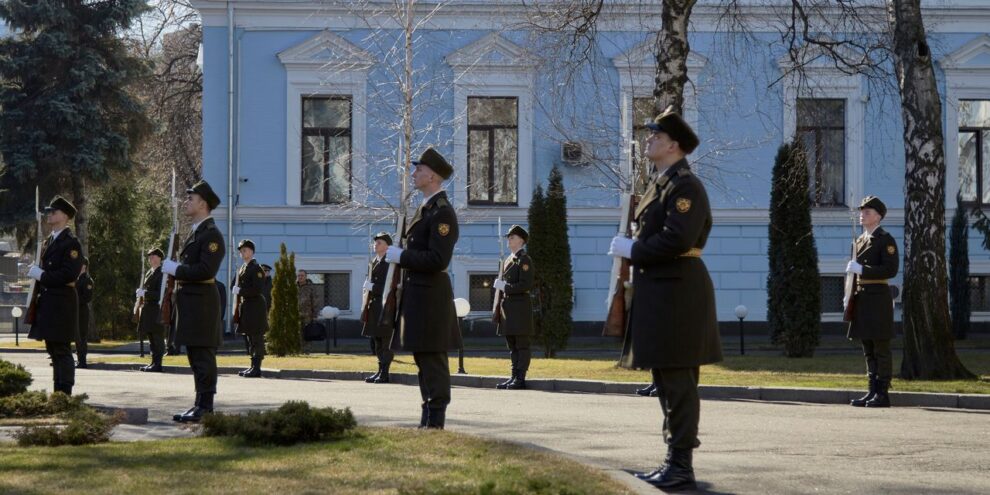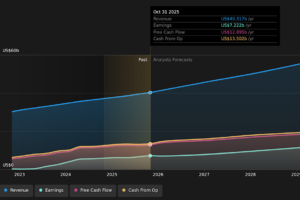
The invasion of Ukraine by Russia puts the global economy in “uncharted territory” and the Federal Reserve will wait to see if there is any impact to its plans to start to raise its key policy interest rate next month, said Richmond Fed President Tom Barkin on Thursday.
“It is timely for us to normalize policy,” Barkin said in a discussion sponsored by the Maryland Chamber of Commerce.
The logic for higher interest rates that is that underlying demand is strong, the labor market is strong, and inflation is a bit high and broadening, Barkin added.
“We’re going to have to see whether this Ukrainian situation changes that narrative. And I just think time will tell,” Barkin said.
The last crisis in Ukraine in 2014 had little impact on the U.S. economy.
“And so if this evolves like 2014, I don’t think you’re going to see much change to the underlying logic” for rate hikes, Barkin said.
The spillover from the U.S. from higher energy prices and commodity prices from Russia is “probably not much,” he said.
“We’re not that engaged with the Russian economy. There may be more to Europe,” he added.
The U.S. also doesn’t have much exposure from U.S. banks to the Russian financial system, he added.
“But, you know, this is uncharted territory and so we’ll have to see where the world goes,” he added.
Analysts are talking about a range of negative spillovers from the conflict ranging from cyber attacks to the energy market, Barkin said.
“I think we’ll just have to pay attention,” he added.
While uncertainty is the watchword of the day, economists believe that a war between Russia and Ukraine will not be a major risk to the U.S. economy.
“In most cases, the economic impact on countries beyond Russia and Ukraine is likely to be limited,” said Neil Shearing, global chief economist at Capital Economics in London, in a note to clients.
St. Louis Fed President James Bullard said last week that, while there were risks and uncertainties, he didn’t see the conflict as central to the U.S. economic outlook.
“I do think its quite an important foreign policy issue, but I’m not seeing it necessarily as a leading macroeconomic issue, at least at this point,” Bullard said, in an interview on CNBC last week.
Bullard also noted the U.S. economy didn’t flinch in early 2014 when Russia invaded Crimea.
The conflict is more of a concern for Europe, Bullard said.
Wharton professor Jeremy Siegel said the conflict should not cause the Federal Reserve to delay its plans for hiking interest rates.
The Fed has telegraphed it wants to begin raising its benchmark policy state at its next meeting on March 16. Economists are penciling in a steady pace of five, six or seven quarter percentage point rate hikes this year.
Talk of a 50 basis point or half a percentage point move in March has subsided.
Tim Duy, chief economist at SGH Macro Advisers, said “all else equal, the financial stress associated with the Ukraine tension would argue for a 25 basis point rate hike in March.”
“It is too early to think and hard to imagine the Fed will pass in March,” Duy said.
Russia’s invasion of Ukraine on Thursday sent shockwaves through the global economy.
Oil prices soared and stocks fell. The G-7 leaders were discussing placing more sanctions on Russia. President Joe Biden will address the nation at 12:30 p.m. Eastern.
Overall, the crisis will slow down growth and cause higher inflation, said Mohamed El-Erian, chief economic adviser to Allianz.
Read: What war in Ukraine would mean for markets
“The global economy and markets are not ready to handle the strong stagflationary winds,” El-Erian said on Twitter over the weekend.
Stocks DJIA, -1.48% SPX, -0.69% were down sharply on Thursday while the yield on the 10-year Treasury note TMUBMUSD10Y, 1.942% moved lower to 1.93%.











